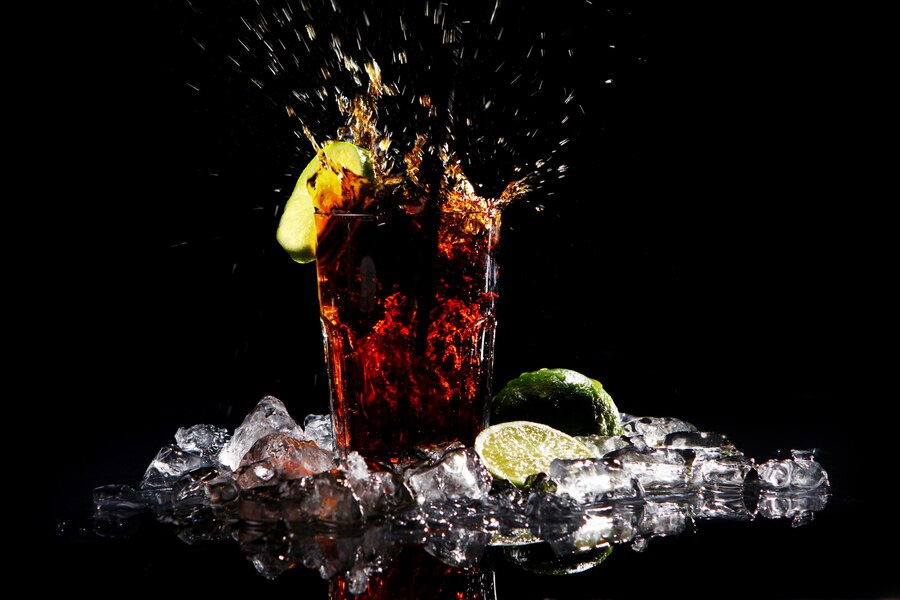
Irritable Bowel Syndrome (IBS) is a common gastrointestinal disorder characterised by abdominal pain or discomfort, along with changes in bowel habits, without any evidence of underlying damage, explains Dr Pavan Dhoble, Junior Consultant, Gastroenterology, PD Hinduja Hospital and MRC, Mahim. While there is no one cause for the condition, an inappropriate diet can be one of the primary triggers. While increasing fibre intake through fruits, vegetables, and whole grains can help, Dr Dhoble advises avoiding certain foods that may lead to IBS-flare ups. These include:
Table of Content:-
Spicy Foods

Spicy foods can cause significant gastrointestinal distress, ranging from indigestion to heartburn. For people with IBS, these can irritate the digestive system and trigger symptoms, such as bloating, gas, abdominal pain, and constipation. In fact, a study published in the World Journal of Gastroenterology found a strong association between increased consumption of spicy foods and a greater chance of having IBS, particularly in women.
Caffeine
Many people love drinking caffeinated beverages. As a matter of fact, tea and coffee are staples in many households and workplaces. But it can increase the likelihood of diarrhoea and other stomach-related issues associated with IBS. Research suggests that people who drink coffee more often or have a higher caffeine intake are more likely to develop IBS. Again, this link between caffeine and IBS was especially strong for women and people who were overweight or obese.
High-FODMAP foods

Dr Dhoble recommends indulging in a low-FODMAP diet under the guidance of a gastroenterologist.
FODMAP stands for "fermentable oligosaccharides, disaccharides, monosaccharides, and polyols," which are carbohydrates that are poorly absorbed and digested. This is why a high FODMAP food intake, which includes daily-based milk, yoghurt, wheat-based products, beans, lentils, and certain fruits like apples, is linked to worsening IBS symptoms. On the other hand, low-FODMAP foods are associated with a significant reduction in symptoms such as bloating, stomach pain, constipation, diarrhoea, or a combination of both, as per a study published in the journal Nutrients.
Also Read: 7 Myths About Inflammatory Bowel Disease Debunked, Know Real Facts
Fried and fatty foods
Fried and fatty foods are a big no-no when it comes to your overall health. While it increases the risk of Cardiovascular Diseases (CVDs), it is also a major contributor to IBS symptoms. Given that fried foods may be hard to digest for people with IBS, they may worsen symptoms like bloating, diarrhoea, and gas.
Carbonated Beverages

It might be tempting to grab a chilled, sugary carbonated beverage, but if you have IBS, it could backfire. While sugary drinks may satisfy your sweet tooth momentarily, the carbonation in them can trigger IBS symptoms. The fizz can cause bloating and excessive gassiness, making your IBS discomfort worse. So, if you're managing IBS, it's best to choose other drinks to quench your thirst and avoid sugary sodas. In fact, prioritise water; it is the best drink you could have.
A Final Word
Dr Dhoble recommends working closely with a healthcare professional to develop a personalised treatment plan to treat your IBS symptoms. You can also take some measures on your own to help minimise complications. These include avoiding food triggers, keeping a personal food diary, exercising regularly, and reducing stress with the help of relaxation techniques. If the symptoms persist or worsen, you can take antispasmodic medications, fibre supplements, and anti-diarrheal medications as prescribed by your doctor, Dr Dhoble concludes.
Also watch this video
How we keep this article up to date:
We work with experts and keep a close eye on the latest in health and wellness. Whenever there is a new research or helpful information, we update our articles with accurate and useful advice.
Current Version